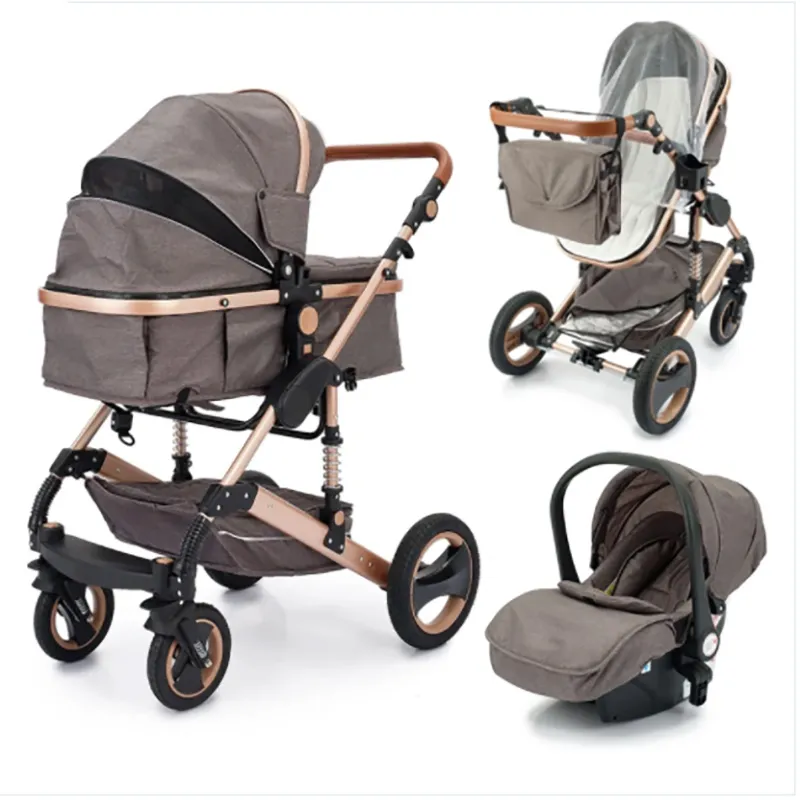
- Afrikaans
- Albanian
- Amharic
- Arabic
- Armenian
- Azerbaijani
- Basque
- Belarusian
- Bengali
- Bosnian
- Bulgarian
- Catalan
- Cebuano
- Corsican
- Croatian
- Czech
- Danish
- Dutch
- English
- Esperanto
- Estonian
- Finnish
- French
- Frisian
- Galician
- Georgian
- German
- Greek
- Gujarati
- Haitian Creole
- hausa
- hawaiian
- Hebrew
- Hindi
- Miao
- Hungarian
- Icelandic
- igbo
- Indonesian
- irish
- Italian
- Japanese
- Javanese
- Kannada
- kazakh
- Khmer
- Rwandese
- Korean
- Kurdish
- Kyrgyz
- Lao
- Latin
- Latvian
- Lithuanian
- Luxembourgish
- Macedonian
- Malgashi
- Malay
- Malayalam
- Maltese
- Maori
- Marathi
- Mongolian
- Myanmar
- Nepali
- Norwegian
- Norwegian
- Occitan
- Pashto
- Persian
- Polish
- Portuguese
- Punjabi
- Romanian
- Russian
- Samoan
- Scottish Gaelic
- Serbian
- Sesotho
- Shona
- Sindhi
- Sinhala
- Slovak
- Slovenian
- Somali
- Spanish
- Sundanese
- Swahili
- Swedish
- Tagalog
- Tajik
- Tamil
- Tatar
- Telugu
- Thai
- Turkish
- Turkmen
- Ukrainian
- Urdu
- Uighur
- Uzbek
- Vietnamese
- Welsh
- Bantu
- Yiddish
- Yoruba
- Zulu
Nov . 24, 2024 14:28 Back to list
Essential Steps to Repair a Mountain Bike's Rear Derailleur for Smooth Gear Shifting
How to Fix a Rear Derailleur on a Mountain Bike
Mountain biking is an exhilarating activity that combines adventure and fitness, but it can be frustrating when mechanical issues arise. One of the most common problems riders face is a malfunctioning rear derailleur. This crucial component is responsible for shifting gears smoothly, allowing you to tackle various terrains effectively. Here’s a guide on how to fix a rear derailleur on your mountain bike, ensuring you get back on the trail with confidence.
Understanding the Rear Derailleur
Before diving into repairs, it's essential to understand the basic parts of the rear derailleur and its function. The rear derailleur controls the position of the chain across the rear cassette (the set of gears). When you shift gears, the derailleur moves the chain to the appropriate gear based on your chosen gear lever. The overall performance of the derailleur affects your bike’s shifting smoothness and efficiency.
Common Issues with Rear Derailleurs
1. Poor Shifting If your bike struggles to shift gears, the derailleur may be out of alignment or the cables may need adjustment. 2. Chain Skipping This can occur if the derailleur is not properly tensioned or if the cassette is worn. 3. Derailleur Damage Physical damage can occur from crashes, which might bend or break components of the derailleur.
Tools Needed
To fix your rear derailleur, you’ll need a few basic tools - Phillips and flathead screwdrivers - Allen wrenches (typically 4mm, 5mm, and 6mm) - Chain tool (if you need to remove or replace the chain) - Bike stand (optional but makes the process easier) - Lubricant or bike-specific oil
Step-by-Step Repair Process
Step 1 Inspect the Derailleur
Begin by examining the derailleur for any visible signs of damage. Look for bent components, trapped debris, or loose screws. If the derailleur appears misaligned, you may need to realign it.
Step 2 Adjust the Cable Tension
1. Shift to the smallest chainring and the smallest rear cog. 2. Identify the barrel adjuster on the derailleur or shifter. Turn it counterclockwise to increase tension or clockwise to decrease tension. 3. Test the shifting through all gears. Make small adjustments until the chain shifts smoothly without hesitation.
how to fix a rear derailleur on mountain bike

Step 3 Align the Derailleur
Using your eyes, ensure the derailleur is parallel to the cogs. If it’s crooked 1. Loosen the mounting bolt that holds the derailleur to the frame. 2. Adjust it accordingly and retighten the bolt securely.
Step 4 Check the Limit Screws
Limit screws control how far the derailleur can move. There are typically two screws one for the high limit (smallest cog) and one for the low limit (largest cog).
1. Shift to the smallest cog and check the alignment. Adjust the high limit screw if the chain tries to go beyond the smallest cog. 2. Shift to the largest cog and check the low limit. Adjust this screw if the chain tries to derail beyond the largest cog.
Step 5 Inspect the Chain and Cassette
Check the chain for wear or damage. If there are stiff links, clean or replace the chain. Inspect the cassette for worn teeth. A worn cassette can lead to poor shifting and chain skipping, and it should be replaced if necessary.
Step 6 Lubricate Moving Parts
Apply bike-specific lubricant to the derailleur pivot points and ensure the chain is properly lubricated. This helps in smooth gear transition and prolongs the life of the components.
Final Checks
Once all adjustments are made, give the bike a test ride. Shift through all gears multiple times to ensure everything is functioning correctly. Listen for any unusual noises and watch for any skipping or hesitation.
Conclusion
Fixing a rear derailleur on a mountain bike may seem daunting, but with the right tools and a little patience, most riders can handle the repairs themselves. Regular maintenance and knowledge of your bike’s components can make your riding experience much more enjoyable. Happy cycling!
-
The Ultimate Kids' Four-Wheeler Experience
NewsJul.09,2025
-
The Ultimate Guide to Mountain Bikes: Gear Up for Your Ride
NewsJul.09,2025
-
The New Age of Cycling: Electric Bikes for Every Rider
NewsJul.09,2025
-
The Best Kids Bicycles: Ride in Style and Safety
NewsJul.09,2025
-
The Best 3-Wheel Scooters for Kids: Fun, Safety, and Adventure
NewsJul.09,2025
-
Revolutionize Your Ride: Affordable Electric Bikes
NewsJul.09,2025
-
Finding the Perfect Mountain Bike for Every Rider
NewsJul.09,2025



